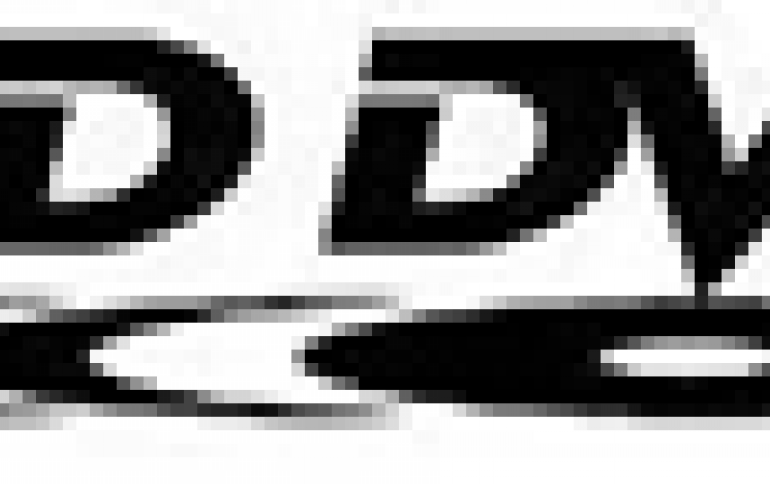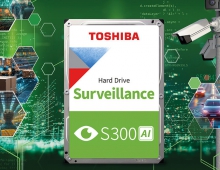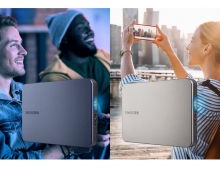
Toshiba, Microsoft Strengthen Ties on DVDs
Microsoft and Toshiba today announced a significant expansion of the companies' global relationship to strengthen their joint development of PCs and consumer electronics goods and consider working together on next-generation DVD technology.
Toshiba, the world's third-largest notebook PC maker, and Microsoft, the biggest software company, have been working together on developing computers and other mobile devices for several years. In May, the two companies announced a cross-licensing agreement, the first such deal between Microsoft and a Japanese electronics maker. This aggreement would allow them to use each other's patents on computer and digital electronics technologies.
The two companies have agreed to investigate development of HD DVD players using Microsoft Windows CE technology, by bringing together Microsoft's expertise in software and PC technologies with Toshiba's expertise in consumer electronics and computing. The companies also plan to strengthen their collaboration on iHD, the DVD Forum's latest interactivity format. By this move, Toshiba hopes will help lower its development costs for the next-generation DVD player.
The companies have been working closely to promote Windows XP-based Tablet PCs and Media Center PCs on a worldwide basis, offering customers new PC work styles and benefits. Microsoft and Toshiba also expect to develop and deliver compelling mobile PCs with the next version of the Windows operating system, code-named "Longhorn." Microsoft's upcoming OS will offer native support for the HD-DVD, since it implements Microsoft's WMV (VC-1) codecs, used by the HD-DVD camp.
Moreover, latest information indicate that the new XBox gaming machine is possible to use an HD-DVD player. This would be an answer to Sony, who plans to include a Blu-ray drive in its hotly anticipated PlayStation 3 video game console next year.
Toshiba plans to launch HD-DVD players in the last quarter of 2005 in Japan and the United States.
Gates said Microsoft retained its neutral stance on the format battle (HD-DVD and Blu-ray), not explicitly supporting either side.
The two companies have agreed to investigate development of HD DVD players using Microsoft Windows CE technology, by bringing together Microsoft's expertise in software and PC technologies with Toshiba's expertise in consumer electronics and computing. The companies also plan to strengthen their collaboration on iHD, the DVD Forum's latest interactivity format. By this move, Toshiba hopes will help lower its development costs for the next-generation DVD player.
The companies have been working closely to promote Windows XP-based Tablet PCs and Media Center PCs on a worldwide basis, offering customers new PC work styles and benefits. Microsoft and Toshiba also expect to develop and deliver compelling mobile PCs with the next version of the Windows operating system, code-named "Longhorn." Microsoft's upcoming OS will offer native support for the HD-DVD, since it implements Microsoft's WMV (VC-1) codecs, used by the HD-DVD camp.
Moreover, latest information indicate that the new XBox gaming machine is possible to use an HD-DVD player. This would be an answer to Sony, who plans to include a Blu-ray drive in its hotly anticipated PlayStation 3 video game console next year.
Toshiba plans to launch HD-DVD players in the last quarter of 2005 in Japan and the United States.
Gates said Microsoft retained its neutral stance on the format battle (HD-DVD and Blu-ray), not explicitly supporting either side.





















